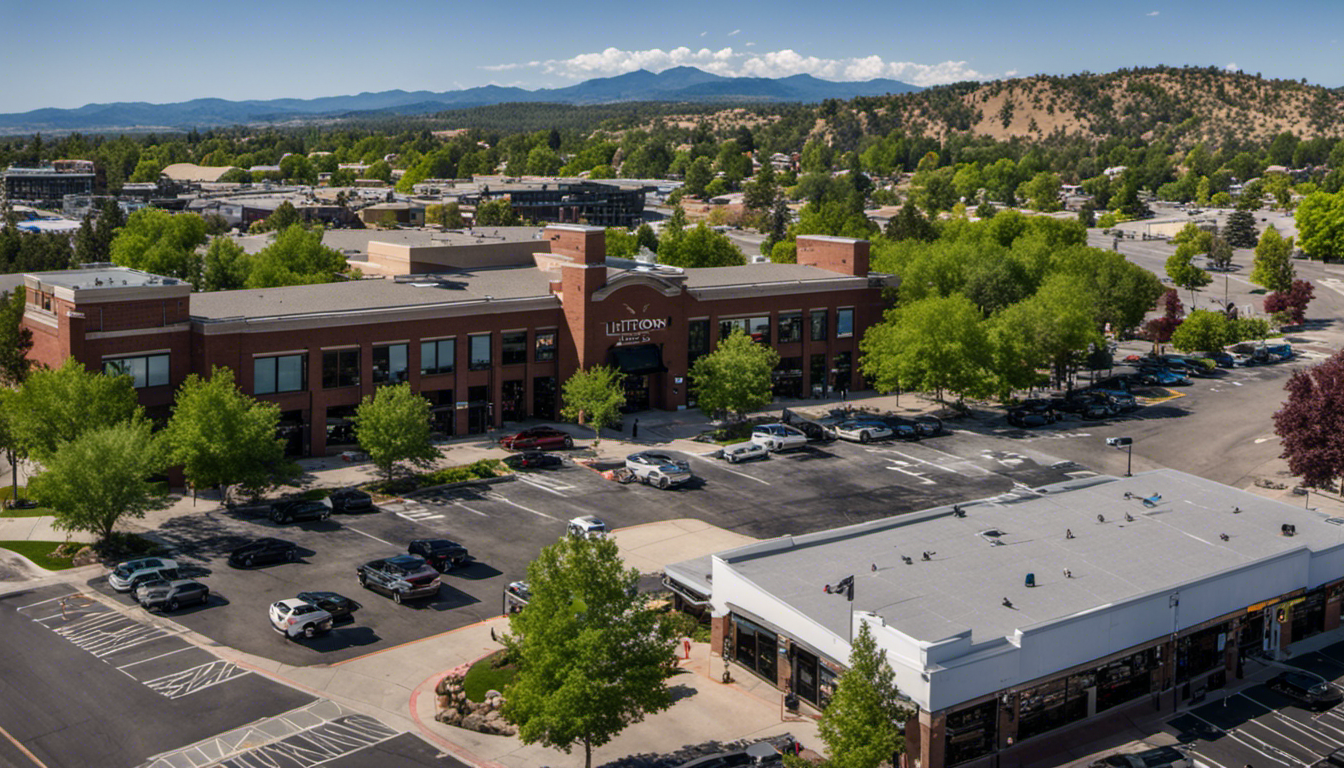Littleton Voters to Decide on 4% Increase in Marijuana Sales Tax
The City of Littleton is putting a proposal to its voters to increase the special retail marijuana sales tax by 4%. If approved, the tax rate would rise from 3% to 7%, making Littleton one of the most heavily taxed cities in the Denver Metro Area. The additional revenue generated would be used to fund public safety initiatives, including mental health crisis response, proactive safety programs, and homelessness prevention services.
The proposal has received unanimous support from the Littleton City Council, which cited a 2024 community survey indicating that 83% of residents strongly or somewhat strongly supported a rate increase. Mayor Kyle Schlachter expects the measure to generate between $500,000 to $600,000 in revenue, which would be used to fund the aforementioned initiatives.
However, not everyone is in favor of the proposal. Ben Mahler, operations manager at Ascend Cannabis Co., expressed concerns about the potential impact on his business. He worries that the increased tax rate could drive customers to neighboring towns, forcing him to lower prices. Mahler also believes that the industry is already heavily regulated and that a tax increase would only add to the burden.
Littleton voters will have the final say on the proposal in November. If approved, the increased tax rate would take effect in January. The city’s council has also recently amended the city’s marijuana licensing provisions, including increasing the hours of operation, allowing medical patients to purchase more than two ounces at a time, and increasing the square footage limit for dispensaries.
For some voters, such as Brianna McCallian, the proposal is a complex issue that requires further consideration. While she acknowledges the importance of addressing homelessness in the area, she is concerned about the potential impact on consumers. “Measures always come back down to the consumer. It feels like we’re taxed on everything,” she said.
Ultimately, the decision rests with Littleton voters, who will need to weigh the potential benefits of the proposal against the potential costs.












